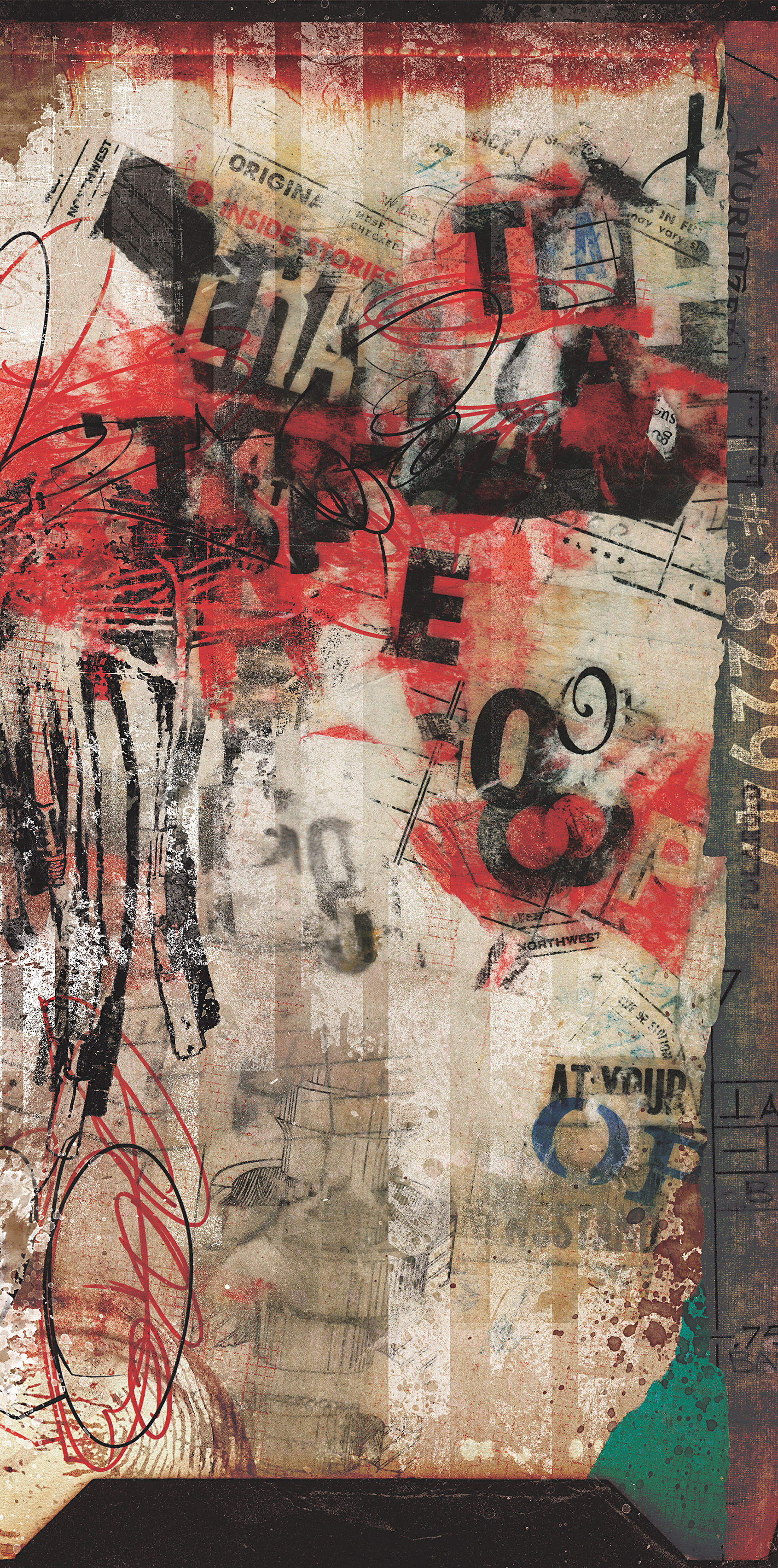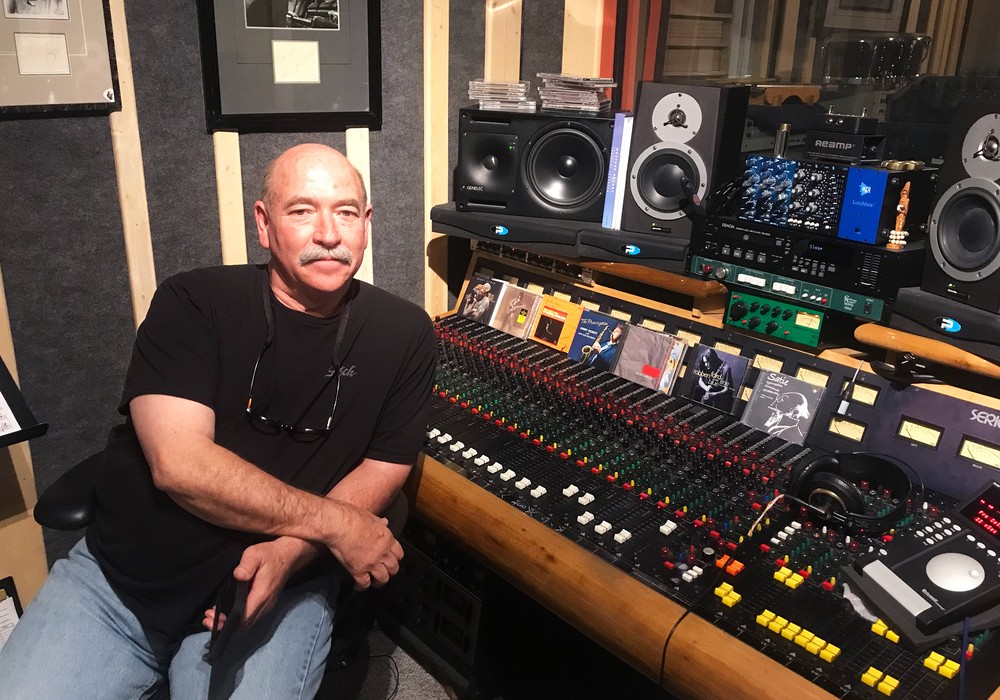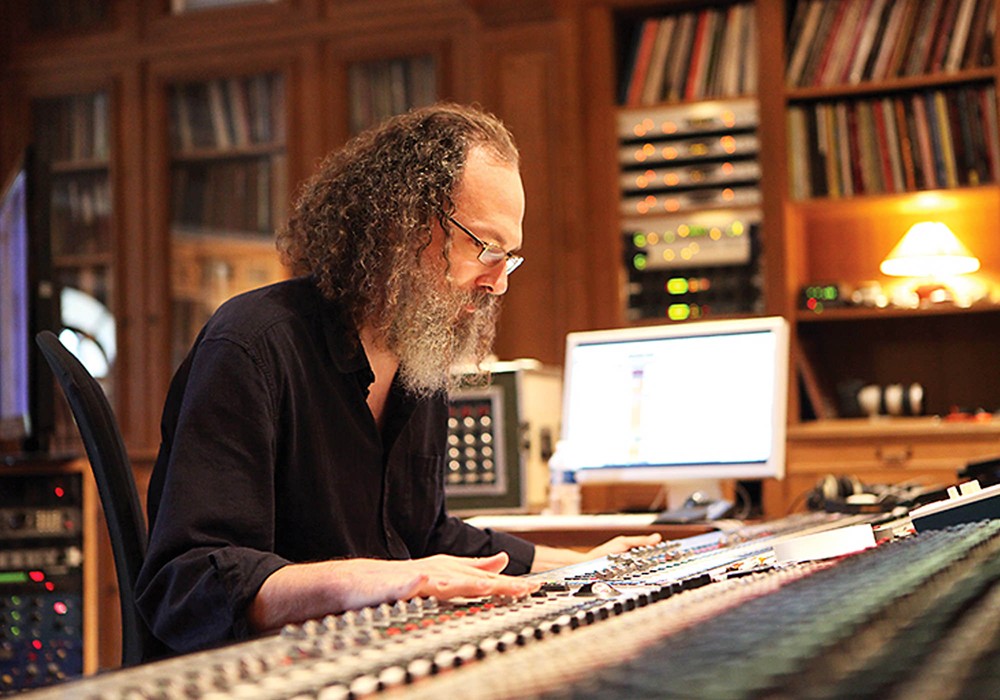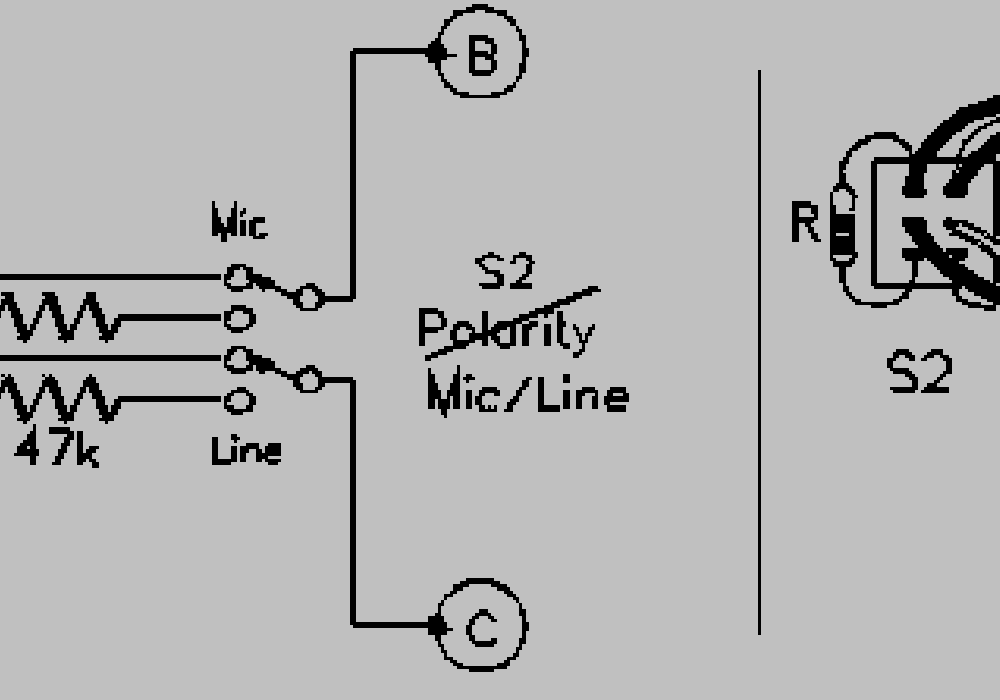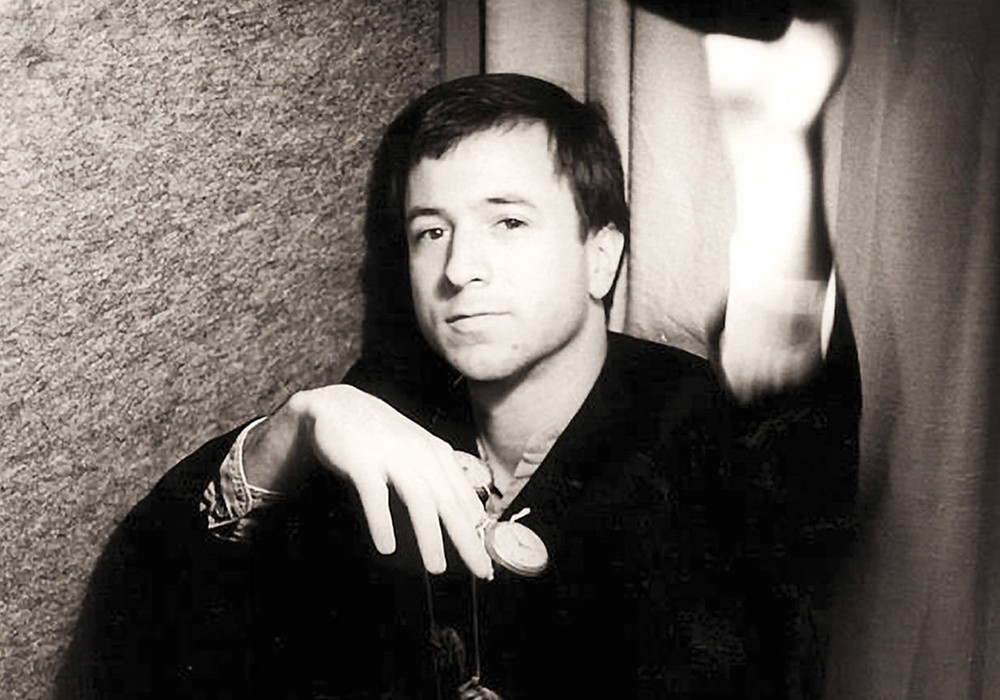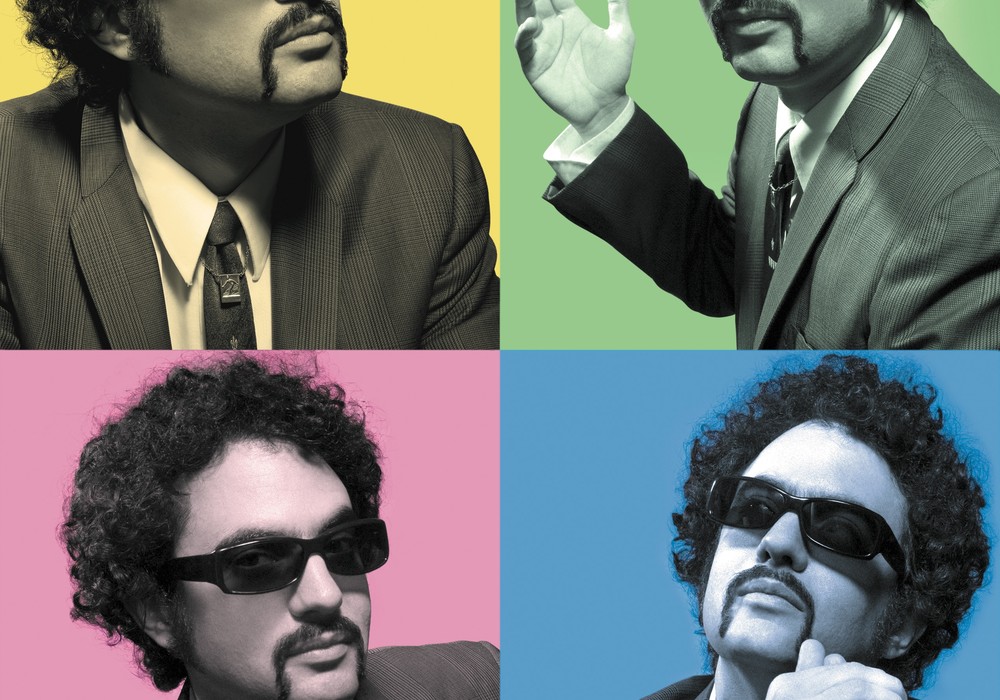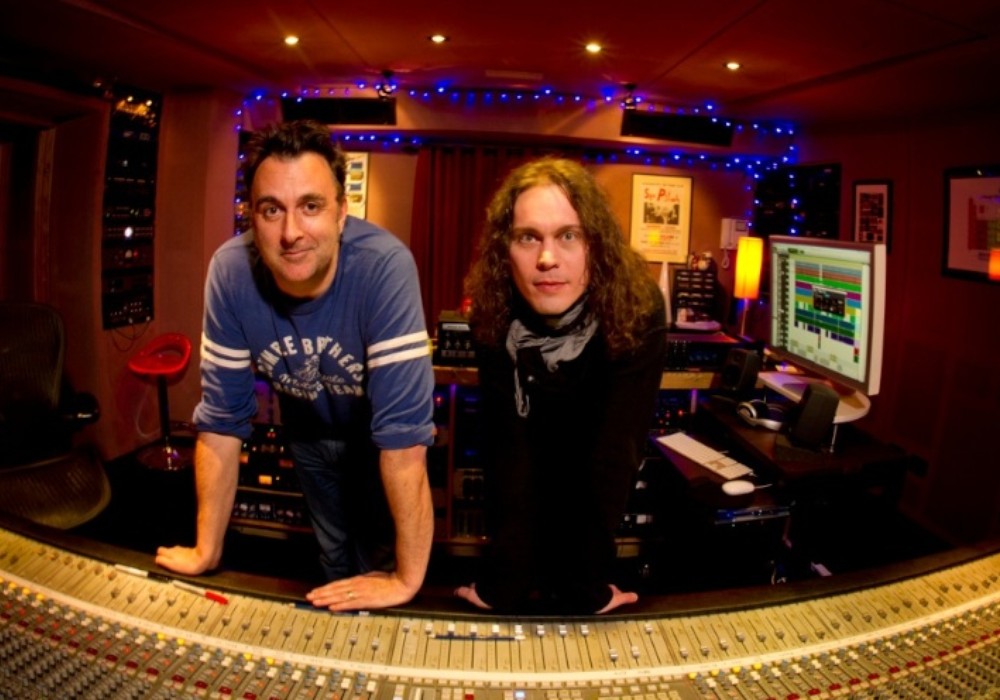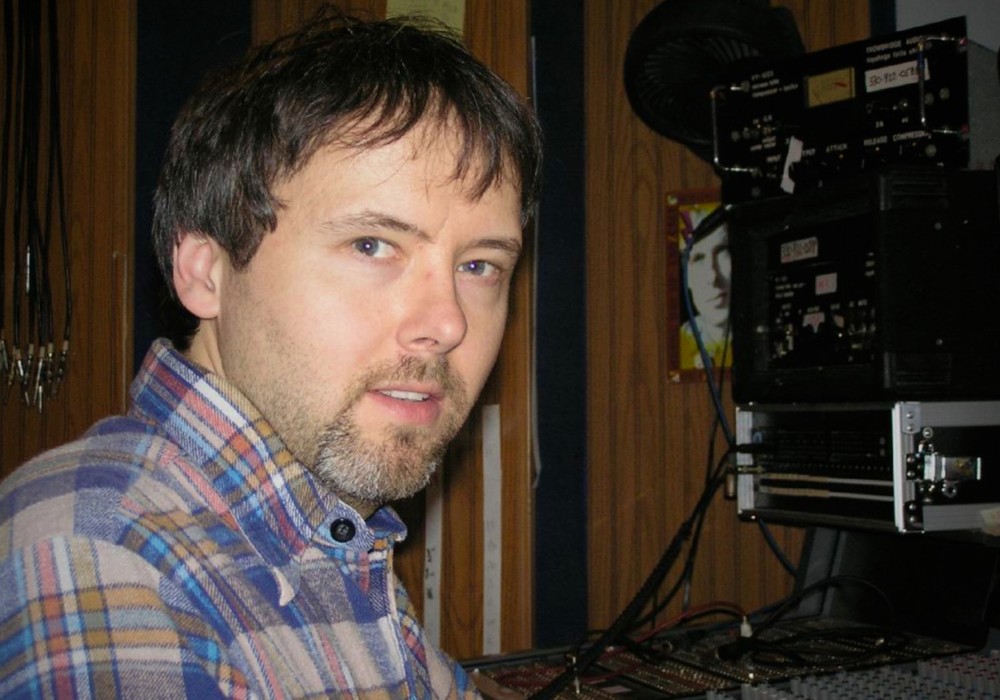A longtime staple of the Phoenix recording scene, Clarke Rigsby runs Tempest Recording out of a modest-looking but impressively outfitted space behind his home in Tempe, Arizona. He’s worked on a wide range of music, from jazz legends like Jimmy Smith, to Frankie Valli, to Paul McCartney. I’d met him through Tommy “Snuff” Garrett [Tape Op #73], and knew he’d worked with the legendary Lee Hazlewood as well, so my interest was piqued. We sat outside Tempest on a warm November afternoon and wandered down 40-plus years of studio life.
You grew up in Southern California?
I did. I grew up in Ontario and Pomona. My dad was a horse trainer. It was pretty rural in those days. There was a racetrack at the Pomona fairgrounds. He came from Oklahoma during the depression. He was a big Bob Wills fan, which was the first music I remember listening to. I listened to a lot of country when I was a kid. In those days, they had music education starting in fourth grade and I was a trumpet player. Thank god, because that’s the only reason I can read music.
What other music were you hearing as a kid?
Early rock ‘n’ roll. KFWB and KRLA were the AM rock stations there. Being a trumpet player, I played classical music and had a love for that. I had a cool band director in junior high, and he’s the one who turned me onto jazz. The tune that did it for me was “Maiden Voyage” by Herbie Hancock. That band director was cool. He took us to see Duke Ellington, Count Basie, and big bands from his era. He moved up to the high school, so I was with him for about six years.
Were you studying jazz trumpet?
I was already working. I was into guitar. I loved The Beatles, of course.
That took over everybody’s consciousness.
Absolutely. I found a guy up in the desert who could play some country songs. He showed me a couple of songs, and we immediately started going to the beer joint and playing. Then it went off from there. I started playing at bars when I was 13.
Were you playing trumpet?
No, I was on guitar. I ended up working with a bunch of guys who had been big when I was a kid. It was Western swing guys, like Billy Armstrong, Tex Williams, and Smokey Rogers, when I was a teenager. They’d do fairs and such. By then we’d moved up to the high desert, outside of Victorville, [California]. I spent a lot of time in L.A. right around the final years of high school. I graduated in 1970. I knew a lot of guys down there. I ended up doing a session when I was 16 at a studio called Criteria. I found out later from Glen Campbell, Lee Hazlewood, and Snuff that they all did demos in that 4-track studio.
That had nothing to do with Miami’s Criteria [Recording Studios]?
No, no. It was my first studio experience. For me, I never liked performing. I didn’t like going out and playing.
Were you nervous, or it just wasn’t satisfying?
It wasn’t about the music; it was just drinking. I was working at rough joints. But I loved playing. I did the session, and a little lightbulb went off in the studio. I’m like, “Oh, this is cool because there are no civilians here. It’s just musicians.”
The best environment! [laughs]
Working class kid. I’d hooked up with these guys and played Nevada for two and a half years. There are all these casinos. I did some great gigs and met some great people. Eventually, I felt we were doing these gigs and I was repeating myself. I thought, “It’s not going anywhere.” My folks were back in Oklahoma by then. I’d been on the road for five years. I decided, “I’m going to go back to school because this is going nowhere.” I ended up studying music. I went to a year of school in Oklahoma and took the music classes that I wanted. By then, I was a little older and already jaded. “You can’t be in the jazz band if you don’t play in a marching band.” I’m like, “Fuck that.” I did that in junior high and high school. I changed my major, and that’s when I came out to Arizona to finish grad school. They’d moved up to Prescott, Arizona, and I put a solo show together. I could kick bass pedals and play guitar; I had an electric and an acoustic. I didn’t want to mess with anybody else.
A one-man act?
Yeah. I knew all these tunes and I worked six nights a week....
